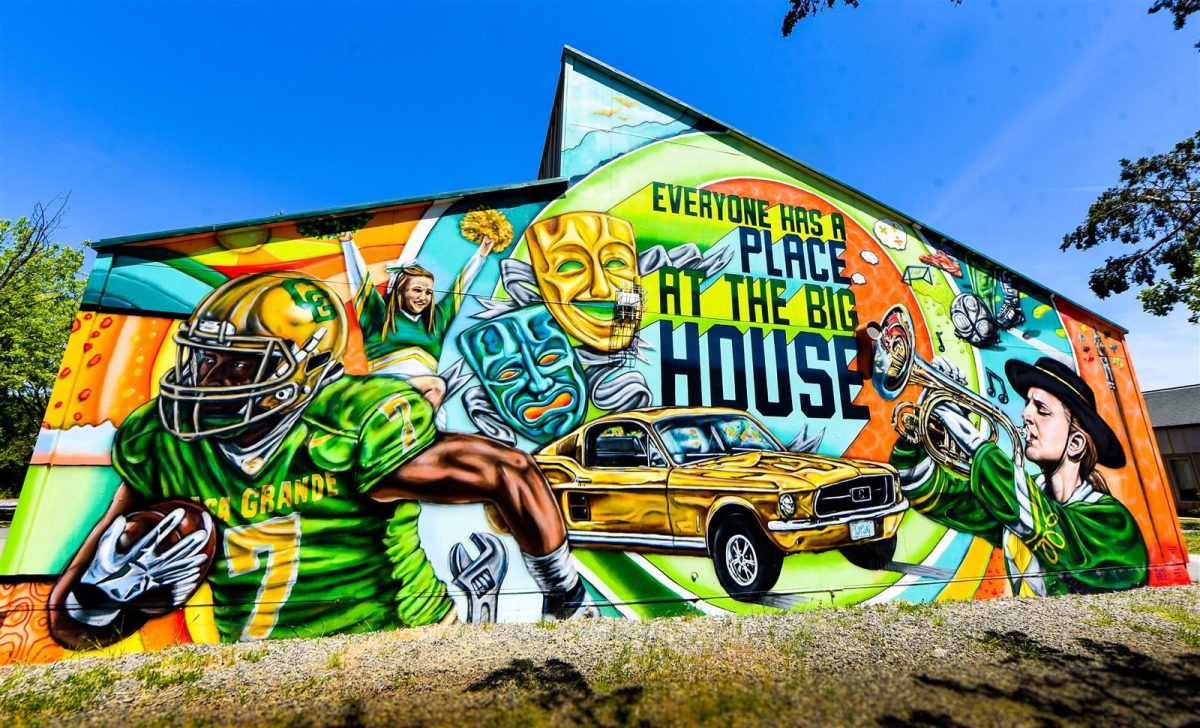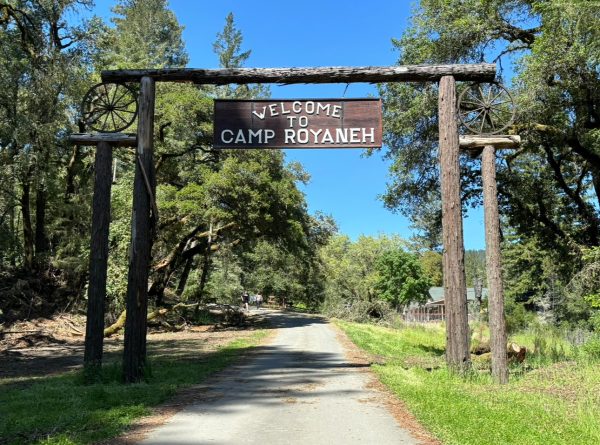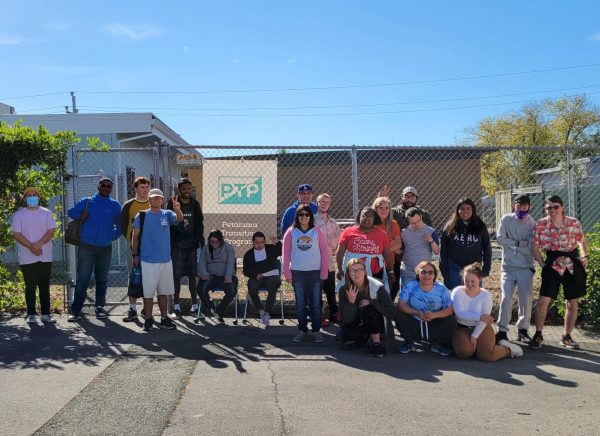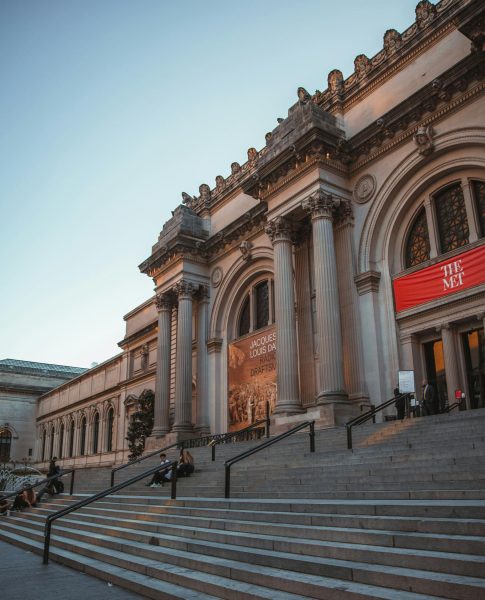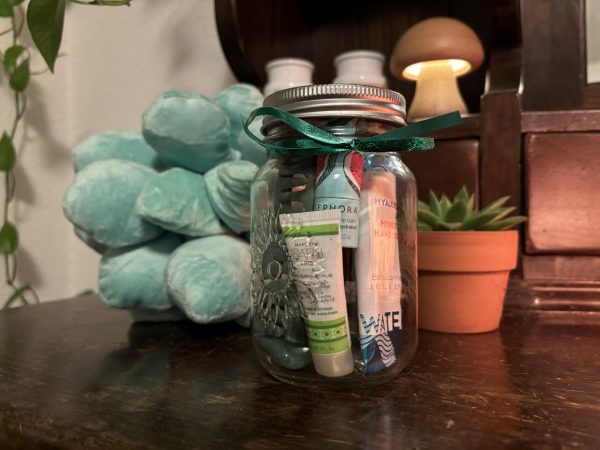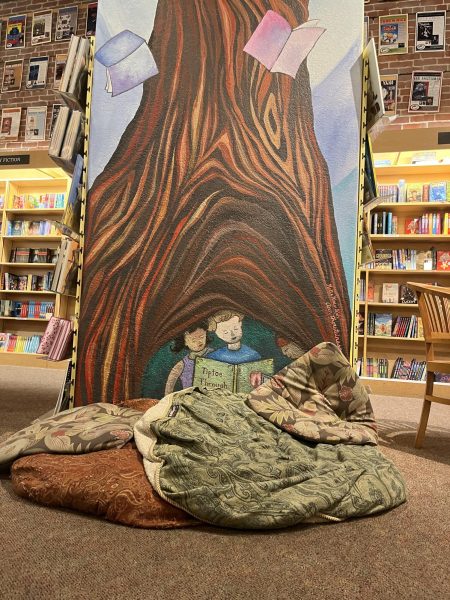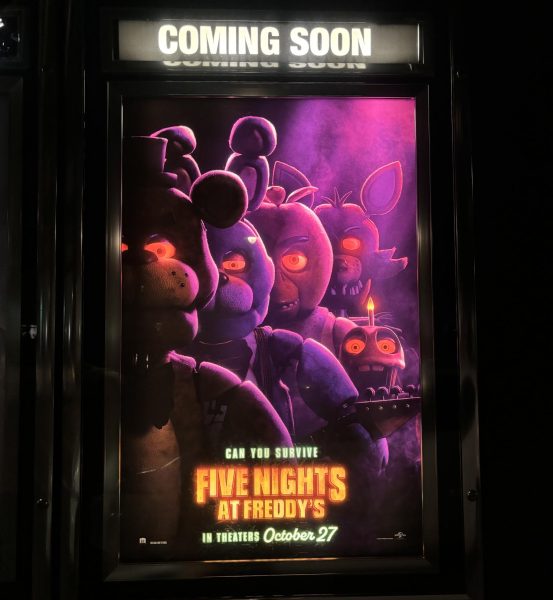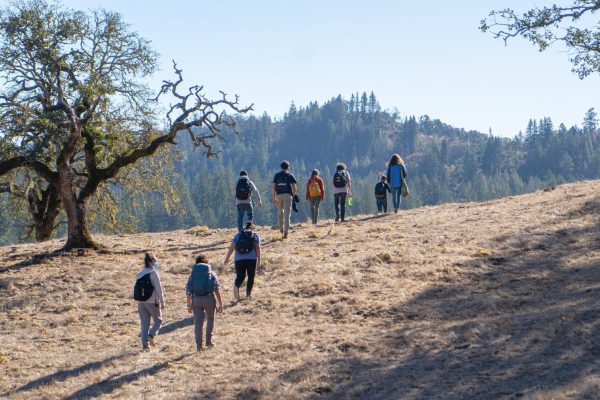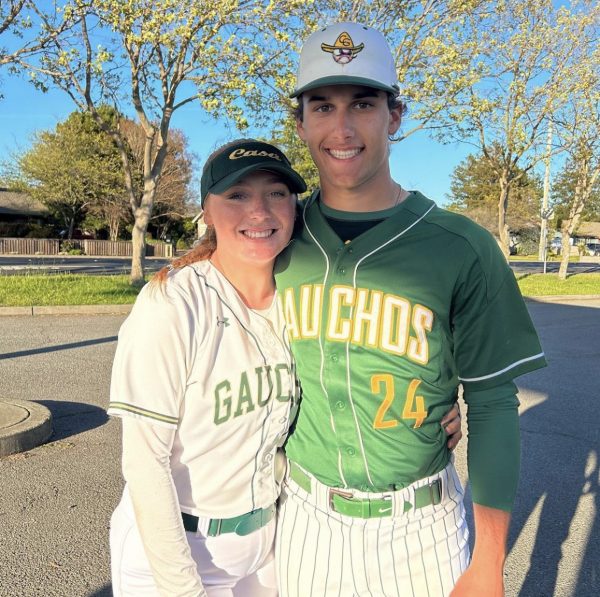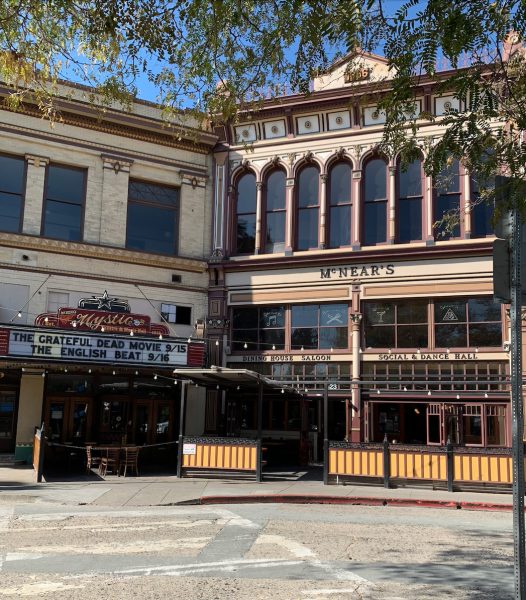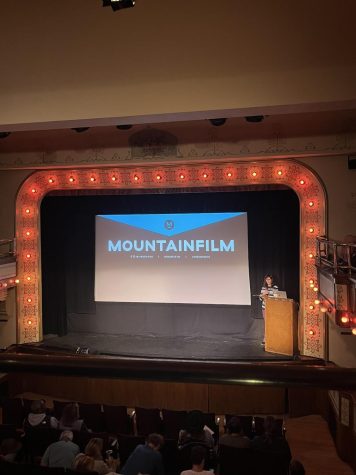Tearing Down Stereotypes
Stereotypes not only crudely, but also ignorantly tear down those whom they are about. We asked students to tear apart stereotypes that have been said of them or others in the hopes of shining light through the cracks and tears of the matter.
Azmat Hashmi
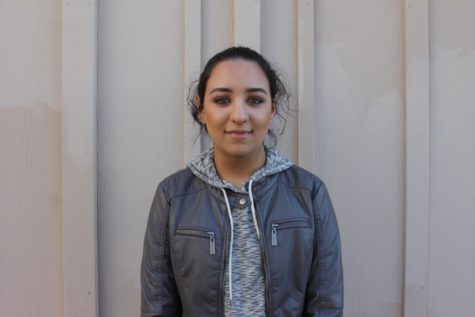
Some people do go through people saying bad stuff to you, but it’s never really happened to me, not even at school or anything. I have a couple of friends here who are also Muslim and that’s pretty cool. I don’t think that they’ve ever faced anything like this either. Some people do say stuff that could hurt you or your feelings, but I haven’t personally experienced that — even where I live, there aren’t really any Muslim families. There are a couple [of] Indian families, and we do get along. Our neighbors are pretty welcoming as well.
During the holidays, people ask you like, “what did you do for Christmas or Thanksgiving?” I don’t celebrate those holidays, so I wouldn’t really know what it’s like to celebrate them. I do feel kind of left out because of that since I don’t have anything to say for [what we do this time of the year]. If somebody’s talking about Christmas, I can’t really say anything about that or really have a conversation with them [about it]. It’s not really a problem, but [I’ve] faced that before.
Personally, I don’t wear a hijab since my parents haven’t really told me to. I haven’t been forced to wear it to school, and I’ve never worn it before, so I don’t think I would be comfortable wearing it at school. People have asked me before, “Why don’t you wear a hijab?” and I just tell them that it’s a choice of whether you want to wear it or not. It’s one of those things that people don’t know about Islam.
Dorah Brutus
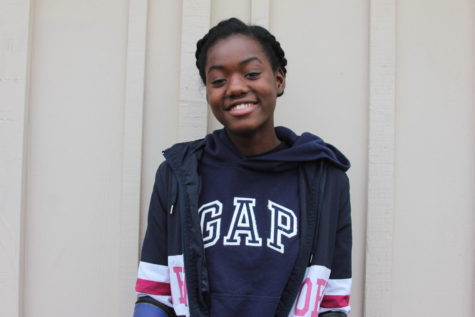
For the last three years, I’ve been doing track and I’m the only black person or a fully black girl on the [hurdling team]. I have people telling me that I have an advantage because I’m black. It makes it seem like I don’t have to try as hard to gain speed or to win races. It makes me very angry in a certain way because it [implies] that I’m slacking off and I just have these advantages because I’m black.
[From] an academic standpoint, I have been told: “Wow, you’re taking so many AP classes? How come?” I’m like: “Well, I just want to get into college. I want to make my transcripts look good.” They’re actually surprised that I, as a black person, am taking so many AP classes, given the fact that there’s not many black people or people of color that take AP classes or honors classes.
I just want to prove them wrong. I want to beat them in every way I can. I want to show them that I do have to try to gain my speed, and yes, I am taking AP classes because I want to challenge myself and I can do these things. It’s not fair to stereotype me or say that I have these advantages to make an excuse for yourself.
When I was younger, I always wanted to surround myself with black people because then it puts me at the same level. We all know the challenges people face are based on culture and family backgrounds and you can’t exactly be on the same level for sure, but racially, I think it would be easier for me to be around other black people. But you can’t choose that. I’m glad that I’m surrounded by so many different types of people, it’s helped me become more culture.
Elizabeth Gong
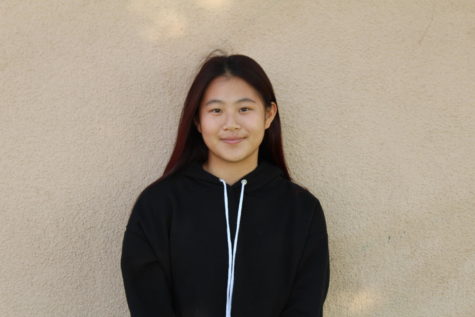
The biggest stereotype I have gotten was that I was somebody I was not. For example, since 7th-grade people have accidentally called me “Kaitlyn” for Kaitlyn Wong and I got so used to it I would just respond. And I was a camp leader where there were two other Asian leaders and even with name tags, different clothes style, and hairstyles people would still get us confused People would also ask me if I was in band or all honors class and when I would say no they would comment how I look like I was a person who would since I was Asian I was supposed to be really smart and know how to play the piano or something. I don’t get offended easily, so when they forget my name or ask me if I know how to say something in Chinese it never bothered me. But when some kids come up to me and say random symbols at me with a “Chinese” accent it gets irritating.
I usually would just walk away or turn to my friends and change the subject. After a while of people constantly doing it, I learned it’s best to not talk back or “insult” back and just move on. The last three years of high school people don’t really do things like that anymore it was mostly Jr. high and freshman year. I would be called things like Ling Ling or Ching Ching and it was really annoying because sometimes it would be random kids I didn’t even know. A phrase people would say that was annoying was “Oh it’s because you are Asian,” and in some contexts it’s fine, but most of the time it’s very insulting and that’s the only reason someone may think I have a better advantage because I’m Asian.
Brenda Mejia
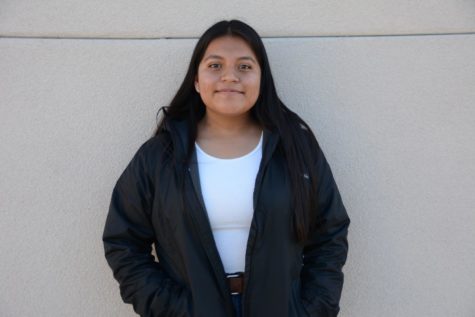
I do feel as though I experience prejudice everywhere, especially by people who don’t know me on a personal level. I’d like to think everyone does it because it’s something we adapted from one another: we get put into a stereotype for our skin color, race, body type, etc. Our society has painted a picture on how we see these sort of things — we either think positively or negatively on the things that [have happened to] us or come across us on a daily basis. It’s pretty sad when you think of it deeply because some people say they don’t judge or they love all, but do they really mean it when they say those sort of things?
When I was younger I remember hearing a lot of “go back to Mexico” or “go back to the ranch.” Being Mexican myself, I am put into these Mexican stereotypes. I’m not ashamed of it, for it represents who I am as a person, but I do find myself being insecure when people stare at me and all they see are my flaws. I think back to those phrases and feel a sense of dread, hoping they won’t be directed to me.
